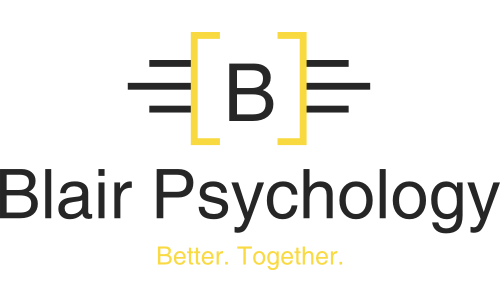“Guilt is rooted in the actions of the past, perpetuated by the lack of action in the present, and delivered in the future as pain and suffering.”
What would you do?
Imagine this scenario…
You’re in a rush. You get in your car and hurriedly back out of your driveway or parking space. Almost immediately you hear a thud and a scream. It's your partner. You accidentally backed over them and now they’re on the ground behind your car, writhing in pain. It was an accident. You didn’t see them, and they didn’t see you. Nevertheless, the reality of the situation is the same. They’re down. They’re in pain. They need your help.
What would you do?
I often present this scenario to my clients and 100 percent of the time, they are able to immediately come up with the “right” answer. That’s because it’s fairly obvious what the right answer is. Get out of the car and check on your partner. But what if I told you that the equivalent of this situation happens all the time in our relationships and we routinely don’t do the obvious “right” thing. What do we do instead? Let pride, guilt, and shame overwhelm us and abandon our responsibility to care for those we have injured.
Lack of Action in the Present
Instead of getting out and checking on our partner, we sit in the driver’s seat and beat ourselves up emotionally.
“I can’t believe I just ran over my partner! What’s wrong with me? How could I have let something like this happen? They’re going to be so mad at me!”
These thoughts are completely normal and understandable given the situation. The problem is, while you’re having this internal dialogue with yourself in the driver’s seat, your partner is in pain, on the ground behind you, and they need your help! Did you notice all of the “I’s” and “me’s” in the statements above? This moment is not about you. It’s about your partner, and their pain. I’ve seen guilt be so strong and overwhelming in these situations that the injured partner gathers themself, gets up off the ground, and limps over to the driver to tend to their distress when they’re the one who is truly in need of care. This dynamic is toxic, manipulative, and cannot exists if you want to have a healthy relationship.
Get Out!
Feelings of guilt, shame, failure, and inadequacy often have very deep roots that stem from our early childhood experiences. If left unaddressed, they can severely damage our romantic relationships in that they render us internally-focused, unreliable, and inactive when our partners need us most. When you hurt your partner, it’s not about you. It’s not a time to get defensive or blame. It’s not a time to get depressed and down on yourself. It’s a time to get out, and attend to those you hurt. Focusing on yourself only diverts precious time, energy, and attention from where it is needed the most. The way you can really show that you feel bad about what you’ve done is to take the lead in making things right, not ruminating on what went wrong.
So the next time you emotionally back over your partner. Get out, make sure they’re okay, and make sure you stay focused on their experience, not your feelings.
If you’re reading this and you feel like you’re on the receiving end of this pattern, where you’re often attending to your partner’s distress from them hurting you, instead of your partner attending to the damage they inflicted, I hope this analogy can spark a productive conversation that will lead to a change in this dynamic.
Come back every Monday for my latest post.
Have a topic you’d like to hear about? Email me at Drjblair@gmail.com

